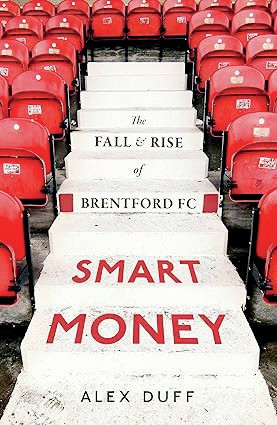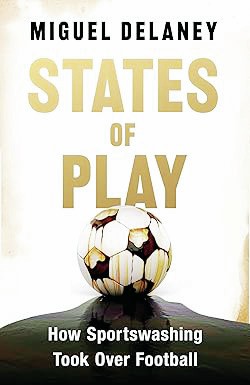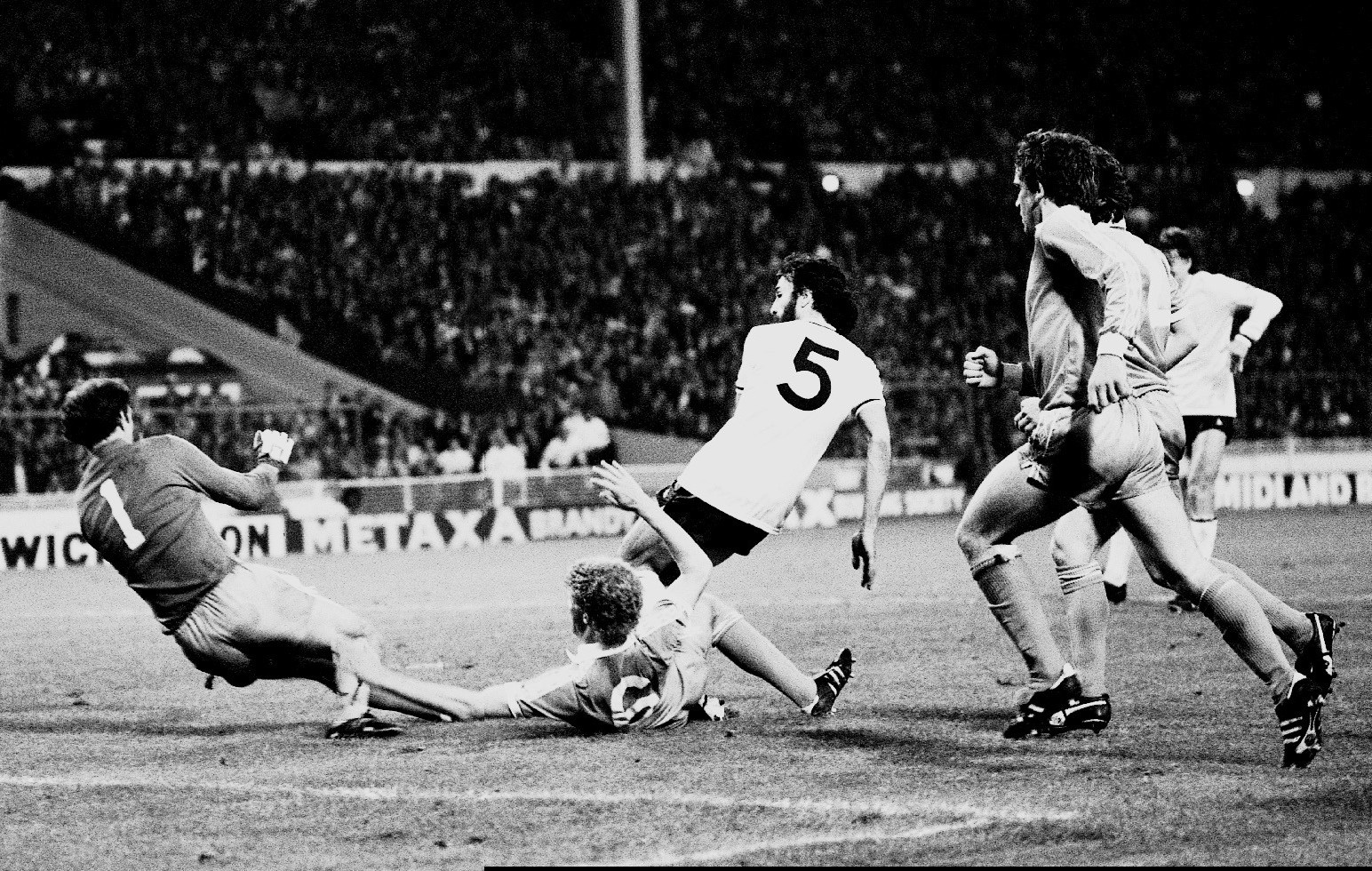Alex Duff’s book tells the story of Brentford FC’s transformation from lower league also-rans to the Premier League through the use of quantitative data analysis and good coaching.
When Duff first starts following Brentford in 1978, they are an unfashionable club in an ageing stadium struggling in the Third Division. By 2005, owner Ron Noades had agreed to hand over the business to supporters on the condition they take over the responsibility for their £5.5m overdraft.
One of their fans, an Oxford University physics graduate called Matthew Benham, was making millions of pounds from professional gambling and threw in a £500,000 lifeline to help keep the club afloat.
Benham sets out to see if the mathematics he has used to beat the bookmakers with his Smartodds company could improve Brentford’s performance on the pitch.
Benham has huge success with his company, and he takes a bigger share of the club, and his quantitative analysts ‘quants’ are increasingly employed in the running of the football club.

The statistical modelling helps the club to make better decisions. Benham’s ‘quants’ not only added value to Brentford by improving performance but also by helping to make money on the transfer market, partially offsetting Benham’s annual financial loss.
The buy low, sell high strategy meant Brentford were one of the most effective clubs across the whole of Europe. Their net gain from transfers between 2015 and 2021 was some £100m.
The Bees moved into the Brentford Community Stadium in 2020, were promoted to the Premier League in 2021 and in their first season finished mid-table. Benham and Brentford had clearly demonstrated that data can help to improve a team’s performance.
Academic research has confirmed a strong link between higher wage bills and superior performance in the Premier League: so even if you have smarter backroom staff with clearer insights, you will tend to lose against the teams that can afford the most skilful players.
However, Benham has demonstrated that if you can apply brain power you can to some extent bridge the financial gap.
An awkward aspect in the rise of Brentford is Benham’s deep involvement in the betting industry. Gambling addiction has a hugely detrimental impact on society.
Tellingly, Brentford’s star striker Ivan Toney was addicted to gambling and was fined £50,000 and banned from football for eight months.
Benham is one of the least wealthy owners in the Premier League, but his team have so far been able to compete at the top level for three seasons. A question remains whether Benham’s approach can sustain the club in the Premier League in the long term. He may ultimately have to seek outside investment for Brentford to survive in the top flight.
Duff has produced an entertaining and informative potted history of Brentford FC, but the significance of the book lies with Benham’s data driven football success story which is the English equivalent of Michael Lewis’s ‘Moneyball’, the story of how Oakland Athletics used statistics to win baseball matches.
Ian Aspinall
Rating out of 10: 8













